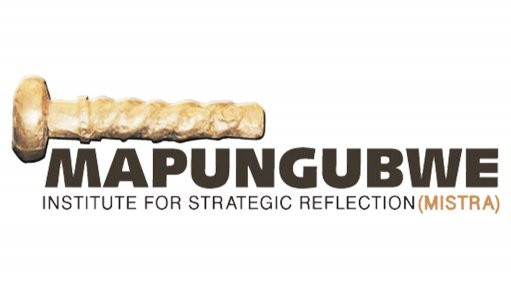
Twenty-five years have elapsed since South Africa’s democratic transition. While it is not uncommon to hear throwaway comments from various quarters that ‘nothing has changed’, the reality is that South Africa is a vastly different country from what it was in 1994.
The last twenty-five years of democratic transition have correspondingly seen progressive policies intended to address apartheid’s legacy, and considerable change has happened, though the historic structural inequalities and binding constraints such as poor economic growth, state capture, unemployment and poverty remain stubbornly in place to impede on South Africa’s democratic consolidation.
As a response to a call, put out by OSF-SA, MISTRA conducted a study to examine South Africa’s postcolonial democratic trajectory. The report empirically examines whether South Africa’s current democratic trajectory is exceptional and/or comparable to other post-liberation experiences using Mozambique, Algeria and India as case studies. It identifies those traits that have shaped the emergent trajectories of the selected cases and discusses the corresponding implications for the consolidation of constitutional democracy in South Africa.
Report by the Mapungubwe Institute for Strategic Reflection